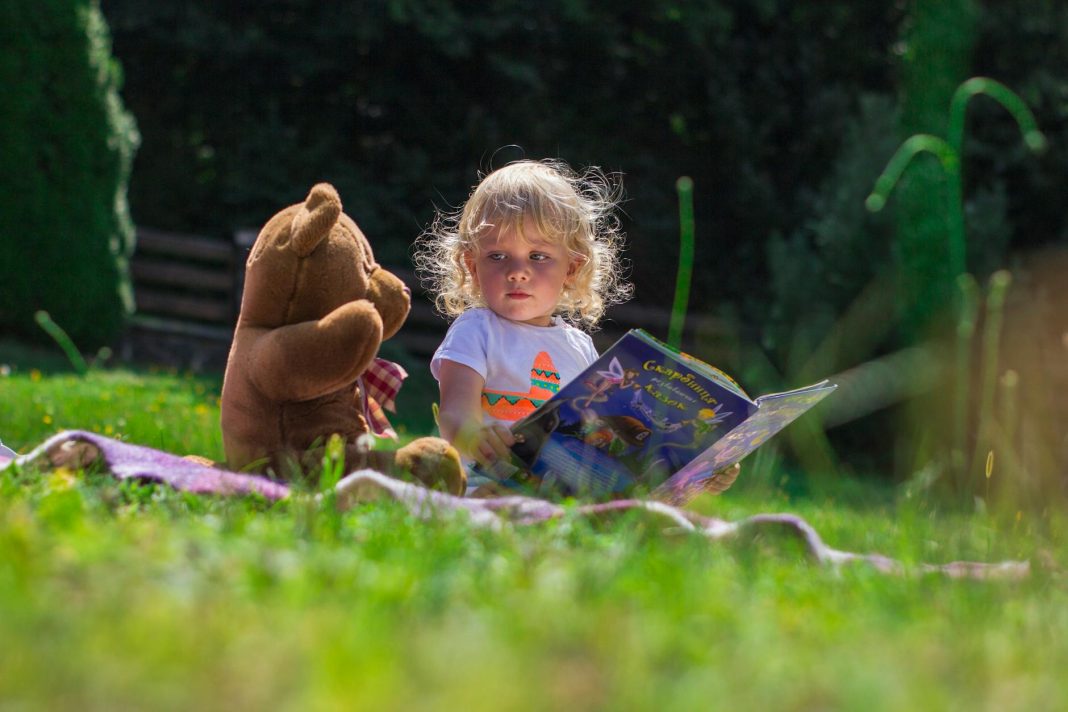Ah, toddlerhood. A whirlwind of emotions, epic meltdowns, and surprising bursts of adorableness. It’s a stage filled with challenges, but also incredible growth and joy. If you’re navigating this wild ride, you’re not alone! This isn’t a manual promising a perfectly behaved child (because let’s be real, that’s a unicorn), but rather a friendly guide to help you tackle some of the common hurdles and celebrate the small victories along the way.
Decoding the Meltdown: Tantrums 101
Tantrums. The soundtrack of toddlerhood. They’re rarely fun, but understanding *why* they happen can make them a little less daunting. Toddlers are still developing their emotional regulation skills. Frustration, hunger, tiredness, and unmet needs often erupt into dramatic displays. So, what can you do? Decoding the Drama: A Parent's Guide to Navigating Toddlerhood
- Stay Calm: Easier said than done, I know! But your calm demeanor can help de-escalate the situation. Taking deep breaths and focusing on your own composure is key.
- Validate their Feelings: Even if you don’t understand the reason for the tantrum, acknowledging their emotions (“I see you’re really upset”) can help them feel heard.
- Ignore (Safely): If the tantrum is not dangerous, sometimes the best approach is to calmly ignore it. This removes the audience they might be seeking. Make sure they’re safe, of course!
- Offer Comfort (Later): Once the storm has passed, offer a hug and quiet comfort. Don’t lecture or punish – focus on reconnection.
- Preventative Measures: Regular routines, sufficient sleep, and healthy snacks can significantly reduce the frequency of tantrums.
Discipline: Guiding, Not Punishing
Discipline isn’t about punishment; it’s about guiding your toddler towards positive behavior. Focus on teaching, not reprimanding. Here’s a few tried-and-true techniques:
- Positive Reinforcement: Praise good behavior! Point out when they’re sharing, cleaning up, or being kind. Positive reinforcement is far more effective than punishment.
- Time-Outs (with a Twist): A time-out isn’t about isolation; it’s a chance for your toddler to calm down. Instead of a chair, try a quiet corner with a favorite book or stuffed animal.
- Natural Consequences: Let them experience the consequences of their actions (within safe limits). If they throw a toy, it gets put away for a while. This teaches them cause and effect without resorting to punishment.
- Consistency is Key: Be consistent with your rules and expectations. Inconsistency only confuses them.
- Model Good Behavior: Toddlers learn by observing. Show them the behaviors you want them to emulate.
Learning Through Play: Unlocking Their Potential
Toddlers are natural learners! They soak up information like little sponges. Encourage learning through play:
- Reading: Make reading a daily ritual. It fosters language development, imagination, and a love of books.
- Sensory Play: Explore different textures, colors, and sounds. Think playdough, finger paints, water play, and building blocks.
- Outdoor Adventures: Nature provides endless opportunities for learning and exploration. Go for walks, visit parks, and let them get dirty!
- Creative Expression: Provide crayons, markers, paints, and paper. Let them express themselves without judgment.
- Follow their Lead: Observe what interests them and build activities around their passions. Their natural curiosity is a powerful learning tool.
Supporting Independence: Let Them Fly (a Little)
Toddlers are bursting with a desire for independence. Encourage this, but with appropriate boundaries:
- Age-Appropriate Chores: Give them small tasks like putting away toys or helping set the table. This builds responsibility and self-esteem.
- Choices: Offer choices whenever possible (“Do you want to wear the blue shirt or the red one?”). This gives them a sense of control.
- Problem-Solving Opportunities: Let them figure things out on their own (with supervision, of course!). This fosters critical thinking skills.
- Patience (Lots of It!): Learning to dress themselves, use the potty, or put away toys takes time and patience. Celebrate small milestones!
- Positive Language: Instead of saying “Don’t run,” try “Let’s walk.” Focus on what you *want* them to do, not what you don’t.
Toddlerhood is a marathon, not a sprint. There will be frustrating moments, but there will also be incredible joys. Remember to be patient, kind, and celebrate the small victories. You’ve got this!

